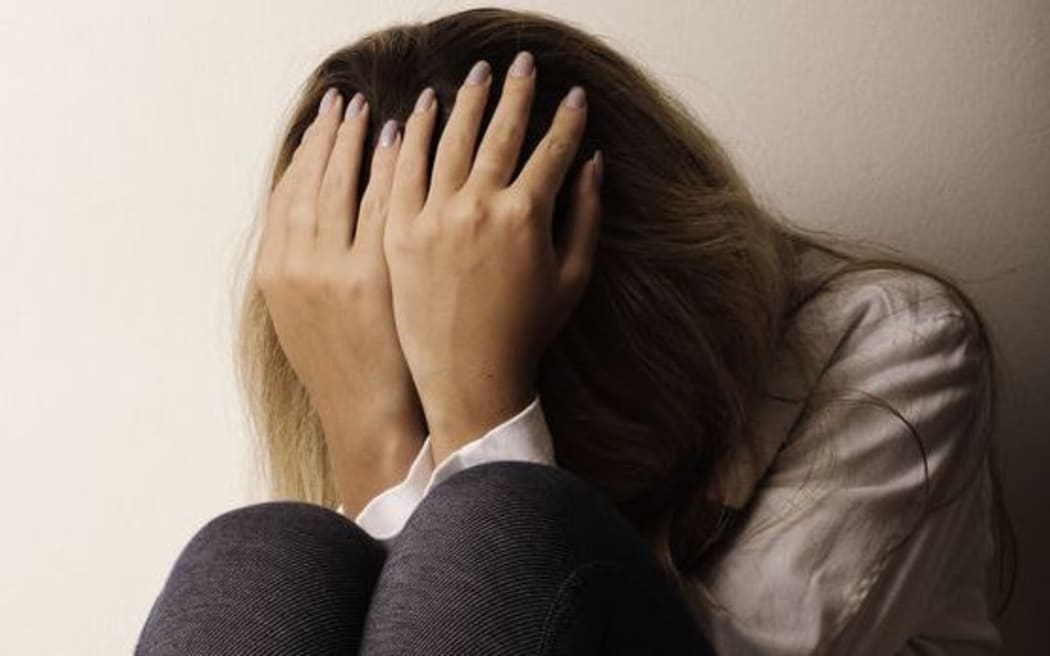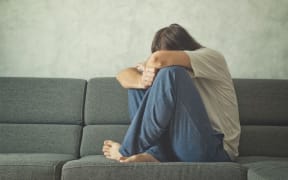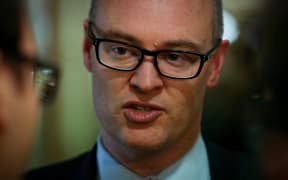Police officers are dealing with more than 100 mentally ill people every day, and the callouts are taking longer to resolve than they used to.
The latest police annual report shows officers are dealing with three times as many people suffering from mental distress, and eight times as many people who are suicidal, as they were in the late 1990s.
This year alone police have handled 4300 repeat mental health calls and tens of thousands more one-off calls.

Photo: 123RF
Callouts were taking an average of five-and-a-half hours to resolve. The previous year that figure was two-and-a-half hours.
In 2013 police set up a mental health team to better cope with the rise in calls.
The team's project manager, Inspector Sue Douglas, said it was concerning so many people were finding themselves in mental distress.
"Last year police attended over 25,000 mental health related incidents and those included threatened and attempted suicide," she said.
"Mental health incidents are increasing year on year and have done for the last five years."
Inspector Douglas said officers were trained in how to handle these situations and would often refer people to mental health services.
Police were doing their best to deal with so many callouts and working with the Ministry of Health, district health boards and ambulance services to manage the increased demand.
"Police recognise that we have a role to play in keeping vulnerable people safe. Police rely on mental health services to be the experts of managing people in mental health crisis."
But Jim Crowe, who has more than 30 years of experience in the mental health field, said mental health callouts were taking up time and resources police could be putting elsewhere.
"The police should not be our ad hoc psychiatric response team, it is not their role," said Mr Crowe, a former chair of the World Fellowship for Schizophrenia and Allied Disorders.
"I wonder if the police are actually charging out the district health boards of their area for the time spent in doing the work that the district health board should be doing."
Mr Crowe said it was time for district health boards and health services to step up and help people before they get to a crisis stage where police have to intervene.
"In a way it's a reflection of the reduction of funding to mental health services... in fact what's happening is that in the reduction of funding going out to mental health services and the district health boards, it's being picked up somewhere else. So there's no cost effectiveness in this."
Ministry struggles to find answers
In April 2014, the Ministry of Heath said it was working closely with police to find out what was behind the rise.
More than a year later, director of mental health John Crawshaw said police and mental health services were still trying to understand the reasons for the continued increase in referrals.
He said the ministry was working with police to decided who should be responsible for what, when it comes to dealing with call-outs.
However growing awareness could be a factor. "It may actually represent a positive thing, in the sense that we may be seeing the messages that we have been putting out, about if you're in trouble or in distress ring and get assistance," Dr Crawshaw said.
The report also shows 70 percent of missing people reported to police are current mental health patients.
Police Association president Greg O'Connor told Morning Report people were right to call for help with situations like attempted suicide or a psychotic episode but repeat incidents should be referred to mental health services instead.
Mr O'Connor said at a time when there are less frontline services, it can mean other cases are not being dealt with such as family violence incidents, which are also increasing.
Labour's health spokesperson Annette King told said the increased callouts were result of the government downgrading mental health as one of its main health priorities.
Police are working with the Ministry of Health and the Independent Police Conduct Authority to develop a set of proposals to provide a better response to mental health related callouts.





